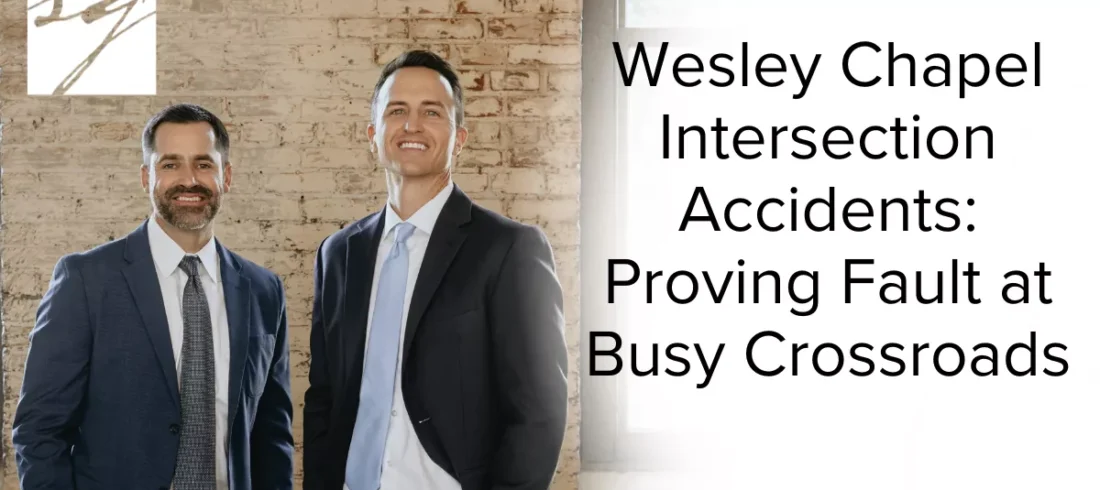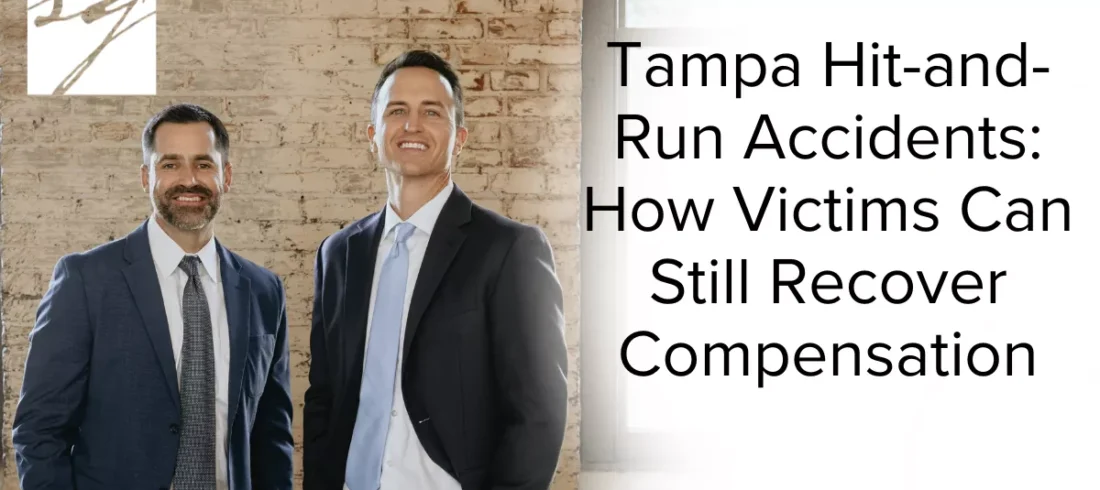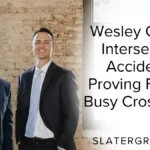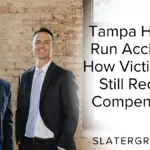Wildlife is all around in Florida. This is a blessing for sure, but when animals wander onto roads, catastrophic accidents can happen. Turtles, bears, deer, and alligators are just a few types of wildlife that often make their way onto Florida roads.
In some cases the driver may hit them, causing damage to the car and sometimes personal injury. Other times, the instinct is to swerve away from the animal, but this can also cause problems. Swerving can send the car into oncoming traffic or into poles or trees at the side of the road, still causing damage and incurring expenses for the driver. Who will pay for those damages all depends on what type of insurance the driver carries.
Florida is a no-fault insurance state, which means that expenses resulting from a car accident will be covered by the driver’s own insurance company, regardless of who was at fault for the accident, up to a certain limit. In Florida, drivers are required to have a minimum of $10,000 for damages to vehicles and $10,000 for personal injury protection benefits, also known as no-fault coverage. In the worst of cases, such as when a driver has swerved and hit another car, this is often not enough to pay for the damages or the injuries sustained.
Comprehensive insurance covers more than just the minimum, and it includes damage for accidents that did not involve hitting another car, such as when the car hits an animal or swerves to avoid the animal causing a single-car accident. This insurance carries a higher cost than just purchasing the minimum insurance required, and it will generally only cover the value of the car being driven, not the price of a new car; however, one’s policy will determine exactly what is and is not covered. Because of this, when the car being driven is not valued at more than $10,000, it may not be worthwhile for the driver to purchase it.
Collision insurance will pay for repairs to the vehicle even if the accident was the fault of the driver. This is typically the most expensive type of insurance to carry and again, it generally only covers the value of the car, not the cost of buying a new vehicle (but you will need to check your policy to verify). Again, before investing in collision insurance, it is important that the driver take into account the actual value of their car to determine if collision insurance will be worth it to them.
In addition to the different types of insurance available, it is also important for drivers to understand that if they are found to be at fault for the accident, their insurance premiums will also increase. In the case of accidents caused by animals, this is most likely to be true if the driver swerved and hit another car.
Car crashes caused by animals in Tampa can be complicated when it comes to insurance claims and seeking coverage for your injuries. That is why it is important that any time there is a car accident, even when the only parties involved are an animal and a driver, that you consult a seasoned personal injury lawyer. You may not ultimately need to hire the attorney, but talking with one can help you figure out if you have a claim and what you need to do. Get in touch with one of the attorneys at Slater | Grant who could help you deal with the insurance company and hold them responsible for paying out the amount that you are entitled to.







